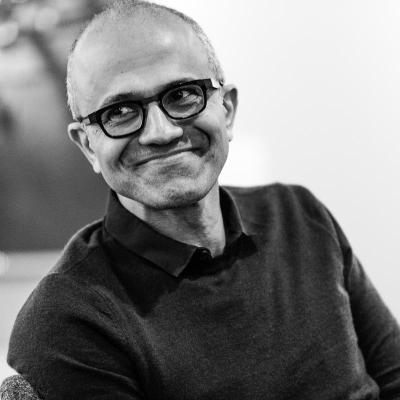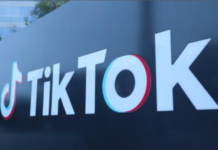By Nishant Arora
New Delhi–While the buzz around Artificial Intelligence (AI) gained ground in 2018, tech giants decided to utilise the Machine Leaning (ML)-based algorithms not just to help enterprises drive growth but also improve healthcare globally and India became an early adaptor.
Most of the year went into the debate on democratising or creating an ethical AI. In the meantime, real work took off on developing AI-based predictive models capable to perform human tasks such as visual perception, speech recognition, brain-computer network and translation between languages.
Today, only one in 10 people with disabilities globally has access to assistive technologies and products.
In May, Microsoft CEO Satya Nadella kicked off “AI for Accessibility” — a $25 million, five-year programme for developers globally including in India.
The programme has put AI tools in the hands of developers to accelerate the development of accessible and intelligent AI solutions for nearly one billion people with disabilities.
Designed for the low-vision community, one such Microsoft app called “Seeing AI” is harnessing the power of AI to describe people, text and objects. It can tell visually-impaired persons what is around them.
Amazon’s Cloud arm Amazon Web Services (AWS) has a ML service called SageMaker that is helping developers create AI models for health care. GE Healthcare is training computer vision models with Amazon SageMaker that are then deployed in its MRI and X-Ray devices.
Amazon Comprehend Medical is a natural language processing (NLP) service for medical text which uses ML to extract disease conditions, medications and treatment outcomes from patient notes, clinical trial reports and other electronic health records.
Google is also using AI models on smartphones to help the blind. It is working on an app called “Lookout” that uses image recognition and AI to describe a scene through a phone’s camera.
Touted as the world’s “most human” AI assistant, Amelia — created by New York-headquartered AI company Ipsoft — combines automation, cognitive and emotional intelligence with ML capabilities to perform as a digital colleague.
Amelia allows patients to self-manage in scheduling doctors’ appointments, tests and medicines. She also offers condition-specific advice and well-curated health management tips.
As tech giants began training AI for health care, the “AI for accessibility” dream also reached India in big way in 2018.
In December, Google announced it has developed an AI model that can detect diabetic retinopathy with a level of accuracy on par with human retinal specialists.
Google is working on rolling out this diabetic retinopathy initiative in clinics in India with Verily — an Alphabet-owned company which works on life sciences research and development.
According to Google, the new assistive technology can help doctors and staff screen more patients in less time, sparing people from blindness through a more timely diagnosis.
NITI Aayog in October entered into a partnership with Microsoft to deploy AI technologies in areas such as agriculture, health care, natural language computing and sustainable environment.
In a novel effort to predict the risk of cardiovascular disease (CVD) among the Indian population, Microsoft India and Apollo Hospitals in August launched the first-ever AI-powered heart disease risk score API (application programme interface).
Part of Microsoft’s “AI Network for Healthcare” initiative, it will help doctors across the Apollo network of hospitals leverage the AI-powered API to predict risk of CVD and drive preventive cardiac care across the country.
The company also applied AI to devices for early detection of diabetic retinopathy to prevent blindness. Microsoft India also announced a partnership with SRL Diagnostics to expand the “AI Network for Healthcare” to pathology to detect cancer.
The Telangana government also adopted Microsoft Intelligent Network for Eyecare (MINE), which was developed in partnership with Hyderabad-based LV Prasad Eye Institute.
MINE uses ML and advanced analytics to predict regression rates for eye operations, enabling doctors to pinpoint the procedures needed to prevent and treat visual impairments.
The Telangana government is already using Microsoft’s Cloud-based advanced analytics solution to screen children from birth to 18 years of age for major conditions affecting their health.
In October, global health technology firm Philips selected 19 start-up companies for its first global start-up collaboration programme that is focused on the application of artificial intelligence (AI) in healthcare.
The programme focuses on the application of AI-based clinical decision support tools, such as image interpretation, analysis and integration and workflow tools, such as intelligent treatment plans for radiology, ultrasound and oncology.
IBM in November joined hands with IIT-Delhi (IIT-D) to partake in a multi-year research collaboration on AI in India, with a focus on sectors such as healthcare and medicine.
According to Nadella, recent advances in AI have been “pretty stunning” but what the humanity is going to see soon will be even more profound across the spectrum and health care is set to become an AI-first industry, with 2018 setting up the pace. (IANS)













